Acne around the mouth can be caused by liver toxins or hormonal problems. Acne on the cheeks is related to the lungs. However, most are caused by puberty, sweating in hot weather, and makeup.
Dr. Le Minh Chau, Department of Dermatology - Cosmetic Dermatology, University of Medicine and Pharmacy Hospital, Ho Chi Minh City, said the above information, adding that in fact there are many causes of acne, not just pathological problems. For example, acne on the chin or around the mouth can be related to hormones but can also be due to puberty.
Teenagers often have acne on their forehead, cheeks, and nose. This is a common condition that affects over 80% of adolescents and can last into adulthood. Many cases of incorrect treatment, arbitrarily touching and squeezing, lead to infection and acne all over the face.
Acne is caused by increased sebum secretion, increased keratinization of hair follicles, and disturbances in the skin microflora. Some cases of dermatitis are caused by self-treatment. The group prone to acne is adolescents in puberty; women are greatly affected by female sex hormones, especially during the menstrual cycle; people with oily skin or who often work in hot and humid environments.
Lifestyle and living habits are also causes of acne. Doctor Do Kim Anh, Department of High-Tech Cosmetic Surgery, Hanoi Medical University Hospital, said that people who eat a lot of sugar, milk, starch or fast food, foods high in sugar and sweets make their skin more prone to acne.
In summer, the temperature increases, sweat and sebum glands are active, creating conditions for dust and bacteria to penetrate, clogging pores leading to acne. If not properly cared for, it can cause inflammation, leaving concave or convex scars, causing loss of aesthetics.
People who wear a lot of makeup, do not clean their skin properly, often touch or squeeze acne, drink little water, sleep little, abuse stimulants, and eat spicy foods can also cause acne.
"Therefore, the location of acne is just a reference cause, and the doctor must perform a clinical examination and even tests to make an accurate diagnosis," said Dr. Chau.
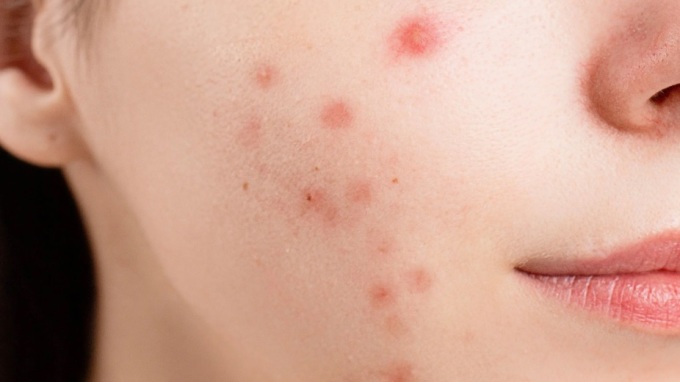
The location of acne suggests some medical problems or unhealthy living and eating habits. Photo: Beminima list
Treatment depends on the type of acne. For mild cases such as blackheads and whiteheads, you can use cleansers and creams containing benzoyl peroxide and salicylic acid.
In case of blackheads, whiteheads and some pustules, use topical medications containing benzoyl peroxide, clindamycin, erythromycin combined with topical keratolytic medications such as adapalene, tretinoin. In addition, depending on the condition, the doctor may add antibiotics or hormonal regulators.
For pustules, doctors combine several methods and use the drug isotretinoin to control acne.
Laser, RF or photodynamic methods can shorten treatment time, reduce acne inflammation and limit acne scars.
To prevent, you need to clean your skin properly, do not wash your face too many times a day. Use gel moisturizers, avoid oil-based ones that contain ingredients that clog pores. Exfoliate, remove dry skin on the skin surface.
Avoid touching the acne-affected skin with your hands or squeezing acne yourself. Maintain a scientific diet and lifestyle, drink plenty of water, and eat a diet rich in green vegetables. Limit foods high in fat, fried foods, spicy foods, and dairy products. Change bed sheets and wash pillowcases regularly. Do not use products of unknown origin to treat acne.
Minh An
Source link



![[Photo] More than 17,000 candidates participate in the 2025 SPT Competency Assessment Test of Hanoi National University of Education](https://vphoto.vietnam.vn/thumb/1200x675/vietnam/resource/IMAGE/2025/5/17/e538d9a1636c407cbb211b314e6303fd)


![[Photo] National conference to disseminate and implement Resolution No. 66-NQ/TW and Resolution No. 68-NQ/TW of the Politburo](https://vphoto.vietnam.vn/thumb/1200x675/vietnam/resource/IMAGE/2025/5/18/adf666b9303a4213998b395b05234b6a)
![[Photo] General Secretary To Lam visits exhibition of achievements in private economic development](https://vphoto.vietnam.vn/thumb/1200x675/vietnam/resource/IMAGE/2025/5/18/1809dc545f214a86911fe2d2d0fde2e8)





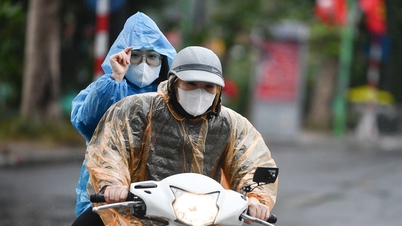



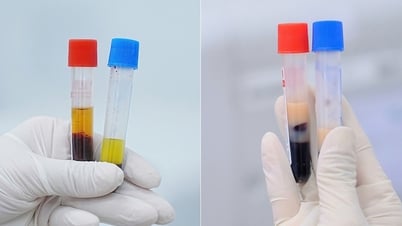



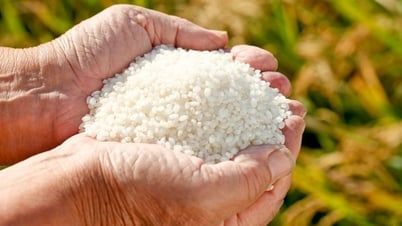
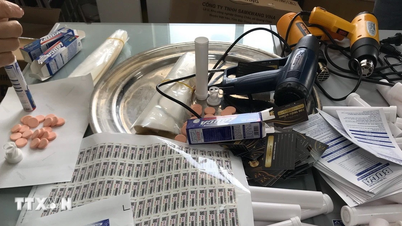

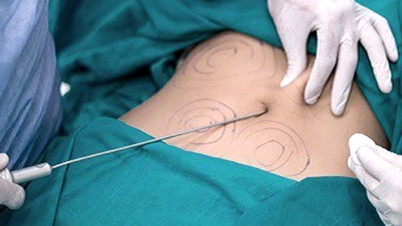

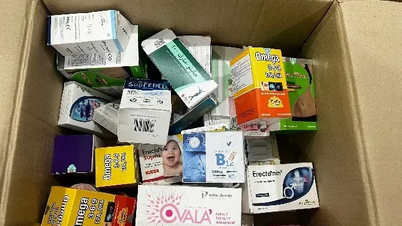











![[Photo] Prime Minister Pham Minh Chinh chairs meeting on science and technology development](https://vphoto.vietnam.vn/thumb/1200x675/vietnam/resource/IMAGE/2025/5/17/ae80dd74c384439789b12013c738a045)






























































Comment (0)